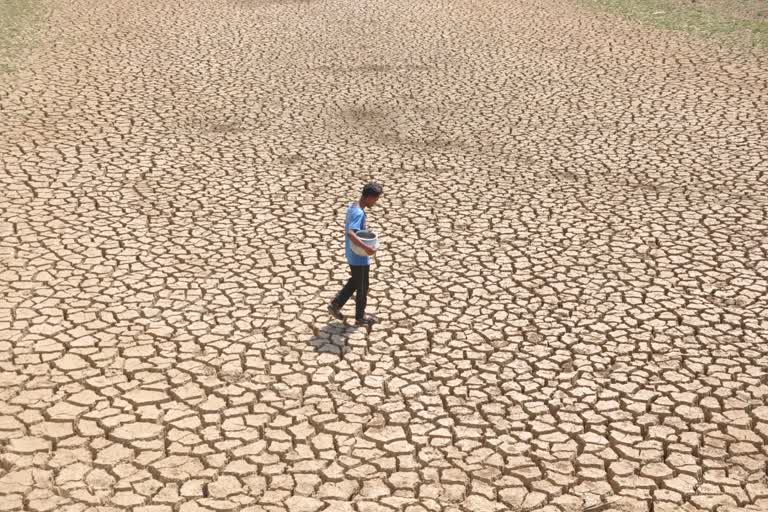New Delhi/Mumbai: Weak monsoons long known as a nightmare for farmers is no longer just considered a grave risk for agriculture but also for India Inc as well as government finances.
In recent years, while farmers have been protected by various government interventions, it is India Inc that has felt the direct impact of below-average rainfall.
The Indian economy, reeling under a consumption slowdown owing to farm distress, stagnant wages and high interest costs, will be hit hard by such a weather phenomenon.
"India's agriculture has become more resilient to monsoon-related shocks on the back of wider irrigation coverage, better quality seeds and timely weather related information. However, a monsoon shock may still cause a drop in agricultural income which could be minimised by government policy intervention," said India Ratings and Research (Fitch Group) Director and Principal Economist Sunil Kumar Sinha.
"But in hindsight, FMCG and automobile sectors which look for their incremental growth from the rural sector will get impacted, especially at a time when agrarian distress is already pronounced, visible and impacting consumption demand."
According to Skymet CEO Yogesh Patil, though crops like cotton and pulses will suffer from a poor monsoon and the demand-supply gap will aid in lifting farm output prices, nevertheless, industries as diverse as banking, petroleum (diesel), FMCG, automobiles will suffer from it.
"Consecutive below normal monsoon will result in lower loan disbursal, strained loan recoveries and rising NPAs (non-performing assets) and it will definitely put strain on major rural sector lending banks and NBFCs," Patil told IANS.
"Diesel consumption will also take a hit in such a scenario of below-average monsoon."
